Anesthesia: Local
With dentistry costs rising all over the world, the demand for affordable dental implants has never been greater than now. That is where Iran comes in as a destination for dental implants with low prices. By the way, it’s not only about money, but the biggest reason why Iran tops in this surgery in the Middle East lies in the high-quality dental services the country offers to the patients.
Hear about our dentistry patients’ experiences in Iran: They have so much to share.
Watch these dentistry stories from different patients around the world to see why people choose Iran for their cosmetic surgeries and how AriaMedTour facilitates their medical trip to Iran.
A medical trip documentary:
Crossing borders for a unique beauty adventure
Australian patient’s medical trip to
Iran for quality dental implants
One medical trip to Iran, two transformations:
Dental crowns and nose job
Smile makeover abroad:
Composite veneers in Iran
Before & After Photos
Take a look at ‘before and after’ photos of people who got their dentistry done in Iran.
What We Offer
- Dental implants
Clinic and doctor visits, Dental implants surgery in clinic, post-operative care, recovery, and follow-up - T-Visa Authorization Code
T-visa authorization code. (Note that there is a separate visa fee that the patient must pay when receiving the visa, which it is not part of this package).
- Pick-up & Transfer
Airport pick-up, private transfer from hotel to clinic/hospital and vice versa - Accommodations
A three-star to five-star hotel offered which is preferably near the clinic or hospital (At the patient's expense) - Other Services
24-hour on-call assistance, interpreter, SIM card and internet
Note: The doctors and hotels and clinics which are included in the package are offered by AriaMedTour to the patient.
There may be other doctors whom the patients considered and the price might be different.
It is highly recommended to bring a companion with you for this surgery as it will facilitate your stay and recovery after the surgery. Based on a new policy of the Ministry of Foreign Affairs, the citizens of the USA, UK, and Canada are included in different logistic services.
Your detailed schedule after arrival in Iran
>> Day 1: Arrival at airport: you will be welcomed by our guide, then picked up and transferred to hotel1. Checking into hotel; Transfer from hotel to clinic; Visiting the doctor2; Pre-op tests; Transfer from clinic to hotel.
>> Day 2: Transfer from hotel to clinic; preparations for surgery; conversation between doctor & patient, reviewing the expectations; Performing of surgery; Post-op recovery at clinic; taking doctor’s instructions.
>> Day 3: Taking doctor's instruction; Rest in hotel; taking post-op medications; following instructed diet; follow-up through doctor’s assistant.
>> Day 4: Rest in hotel; Regular eating restarts; Daily walking; follow-up through doctor's assistant.
>> Day 5: Rest in hotel; Regular eating restarts; Daily walking; follow-up through doctor's assistant; transfer from hotel to clinic ; Surgical sutures removal by the doctor; transfer from clinic to hotel.
>> Day 6: Transfer from hotel to AriaMedTour’s office; AriaMedTour gives patient special gift3; start of permanent follow-up through communication channels.
>> Note:
1 Transfer from the airport to the hotel will be with the taxi.
2 The doctor visit may be in the 5th or 6th day depending on the circumstances.
3 In some cases where your departure is in the weekends this step may not be feasible.
About our hotels
We work with a select group of three- to five-star hotels in Tehran and other cities. Depending on the type of package you choose and the location of the hospital or clinic where you are going to receive the treatment, we arrange the most suitable hotel for you. The name, details, and photos of the hotel will be sent to you ahead of time.
Dental implants in Iran: all you need to know
If you are in doubt about whether to travel to Iran for your dental implant or to go somewhere else, we are writing this to give you a clear image of such procedure in the country. This includes reasons to choose Iran as your dental tourism destination, the exact cost of dental implants in Iran, dental implantation procedure in Iran and the like.
What are dental implants?
A dental implant is a metal device placed in a patient’s jawbone in order to attach an artificial tooth to the jaw. A dental implant consists of three parts. These are crown, abutment, and screw. Crown is the top part of an implant which looks like your natural tooth. Abutment functions as a connector, attaching the crown to the screw. Screw functions as the root of your tooth, stabilizing the crown into the jawbone.
Why Iran for dental implants?
When it comes to Iran, the debate revolves around the question of why a growing number of people would rather travel to Iran to have dental procedures done instead of having them done in another country.
Iran is regarded as a powerful rival in offering dental procedures for many western countries as well as Asian countries in terms of cost and quality. If you’re living in one of those places with high cost of dentistry services, dental implants in Iran would save you big money. This would even gain much importance when it comes to having more than one dental implant.
Thanks to the development of dental procedures‘ techniques and facilities, the quality of dental implants in Iran is another significant factor enticing people to pick out this country as their dentistry destination.
Moreover, studies show a high rate of success for a dental implant in the country. According to a study on dental implantations in Iran, of a total of 2,381 implants, 99.1% was done with success, and only 0.8% was the rate of failure. So, there would be no concerns left regarding your implants when you go back home.
Haven’t decided yet? Let us help you, it’s free
Dental implants clinics and dentists in Iran
In Iran, dental implant clinics offer a full range of implant procedures. They have met all the international standards, and are equipped with advanced facilities.
The country enjoys a society of highly-experienced and trained dentists who even attended the prestigious US or European universities. The chance of having a successful implant surgery depends on the experience of the dentist as this procedure is as much about art and experience as it is about science. Accordingly, choosing a country like Iran where with highly experienced dentists would help you get through this procedure with much satisfaction.
How is dental implants procedure done?
If you’re curious to hear about the procedure itself, this section is for you. A dental implant surgery takes around 1-2 hours. The dentist applies local anesthetic for the surgery unless you are having multiple implants. In that case, you may require general anesthesia or conscious sedation.
The procedure starts with the placement of screw into your jawbone. It will take around 2-4 weeks for the screw to fit in the jaw. The crown will be placed on the screw after around 3 months. These two steps may be done at the same time or in different sessions according to your jaw condition. Accordingly, some patients may only get their screw implant done in Iran, while the crown placement will be done in their home country.
Furthermore, you may need a bone graft surgery prior to your implantation if your jawbone is not sufficient to receive/hold the implant. If you’re going through a bone graft surgery, it will take a couple of months for your jawbone to heal.
Dental implants recovery
The recovery period of dental implants depends on many factors, including the number of implanted teeth and the bone condition. The healing process can take from around 3 to 6 months. However, you’d be able to resume your normal life and return to work within 2-3 days after the surgery.
During the first days after the surgery, you may experience pain, discomfort, and bleeding. Some patients also see swelling around the implanted teeth. This will subside after a while.
Dental implants cost in Iran
While getting implants in most developed countries would cost you a fortune, you’d be able to save up to 70% of the cost in Iran. A single dental implant in Iran costs $500 to $900, depending on the type of the implant. A fee of $100-$150 may be added to this price for placement of a crown.
However, the same procedure in the US would cost around $1,500-$6,000. This procedure would cost $2,000-$4,000 if you’re getting your implant in the UK. In Iraq, UAE, Oman, and Turkey, the price ranges from $1,000 to $4,000.
The price of dental implants in Iran would become even more attractive when you got to have multiple implants. Multiple implants would cost $10,000-$30,000 in various countries, while you can have it done in Iran for $3,000 to $4,500.
Types of dental implants used in Iran
Titanium and titanium alloys are the types of metals widely used in implants. They are durable and proven to last for a long time. However, they represent a few drawbacks including the risk of being rejected by the patient’s immune system, complications with MRI, cellular sensitization and allergy. Due to these disadvantages, Zirconia implants are introduced as an alternative to titanium implants. They are found to not only render the suitable characteristics of titanium but also lack the titanium’s imperfections. In light of this, Iranian dentists/surgeons offer both Zirconia and titanium implants according to the patient’s condition and preference.
Advantages of dental implants
Dental implants include a number of advantages over other alternatives. These are:
- Being comfortable
Dental implants and crowns usually make you feel more comfortable than other dental devices. Implants feel natural and people usually don’t have any problem eating and chewing.
- Easy care
Artificial teeth fixed with implants are adjustable with flossing, brushing, and routine dental checkups.
- Durability
Dental implants usually last for decades without any repairs or replacements.
- Easy speech
People wearing dentures may have speech problems such as mumbling or sometimes slurring. The latter is a result of slipping the dentures out of place. But dental implants are jointed to the jawbone firmly without causing any problem of speaking for the patients.
- Firmness
Dental implants are usually considered being more firm than natural teeth and wholly functional.
- Better function
Implants function at peak performance compared to your natural teeth as they can’t develop cavities. Plus, they will not affect neighboring healthy teeth or lead to bone loss in the jaw.
Frequently Asked Questions About Dental Implants
Are dental implants permanent?
Dental implants can be regarded as a permanent solution to your missing teeth. The implants last for a lifetime (more than 25 years) if you take good care of them.
Can dental implants be removed?
Dental implants are removable if any failure or unmanageable infection is observed. The removal procedure mainly depends on the jaw condition, and it’s done at the recommendation of your dentist/surgeon.
What are some complications of dental implants?
To every treatment, there’s a side of complications and discomforts. Dental implants are no exception. Potential complications during and after the surgery include mild pain during and after the process, as well as slight bleeding at the surgical spot. Other major complications are implant rejection, infection, sinus problem (when the implant is located near the sinus cavity, the back part of the upper jaw), and nerve damage (in case the surrounding nerves, gum, or blood vessels are damaged during the surgery). As it is obvious, these complications are rarely observed, and you can prevent them by choosing the right dentist/surgeon.
Am I a candidate for dental implants?
You may not be certain whether to get the implants or not, especially considering the costs involved. In order to rest assured if the dental implant is the right option for you, you need to consult with a dentist.
In general, you must have healthy gums and sufficient jawbone to hold the implant. Heavy smokers and people with certain disorders like heart disease need to be checked up prior to the procedure.
Do dental implants require special care?
Once the implant is successfully placed and integrated into the jaw, the key to a durable tooth would be special care. Cleaning your dental implants on a daily basis would be the very first thing you need to do.
Brush, floss, and use mouthwash to maintain your implants and oral cavity healthy. Also, clean the neighboring area of your implants so that no food particle, bacteria or microbe are left because they can lead to the formation of plaque and infection.
Contact Our Medical Support Team:
Feel free to express your opinions or ask your questions.



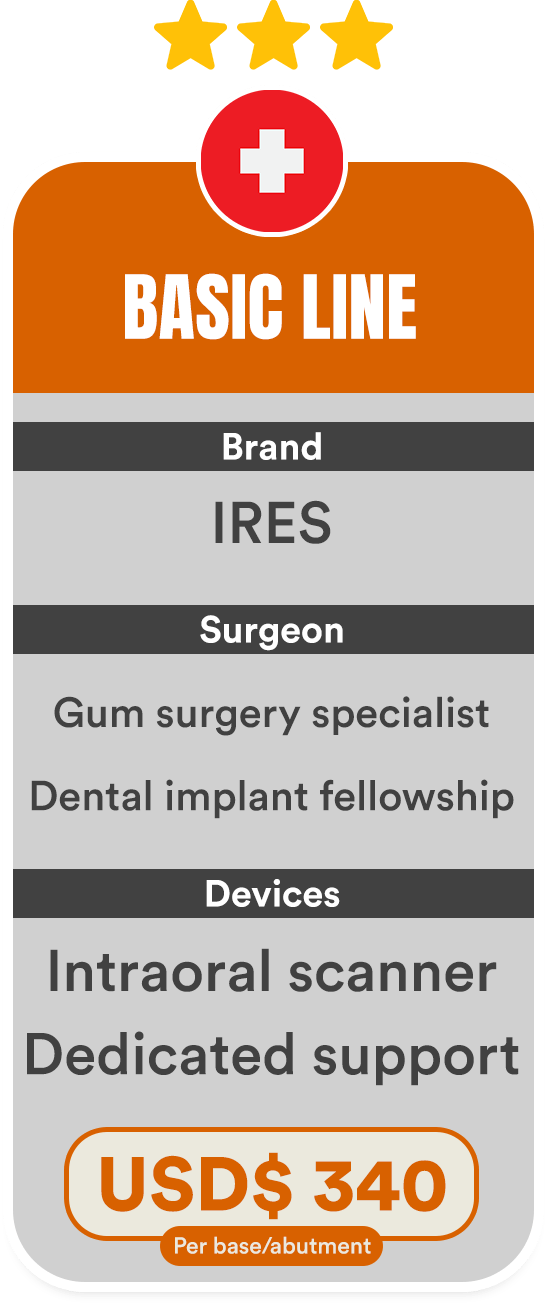
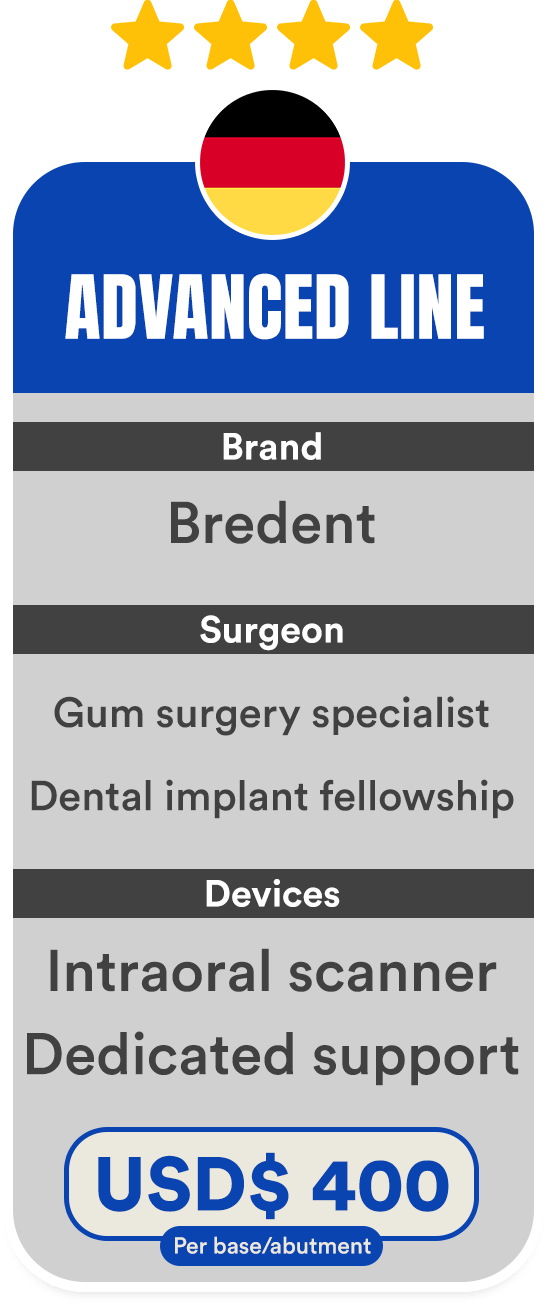
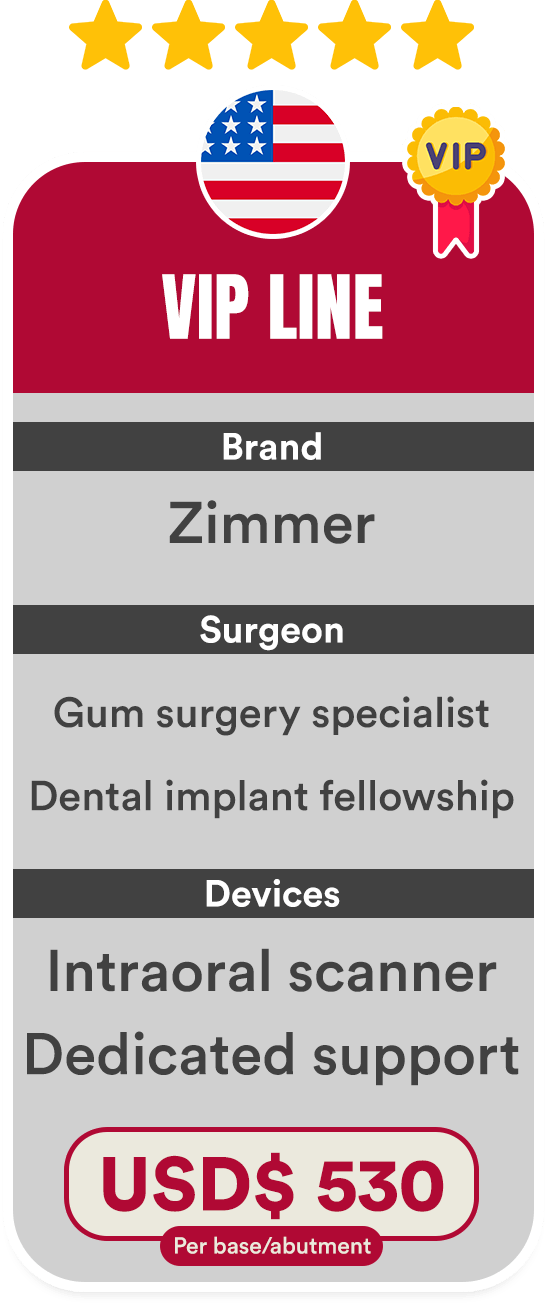
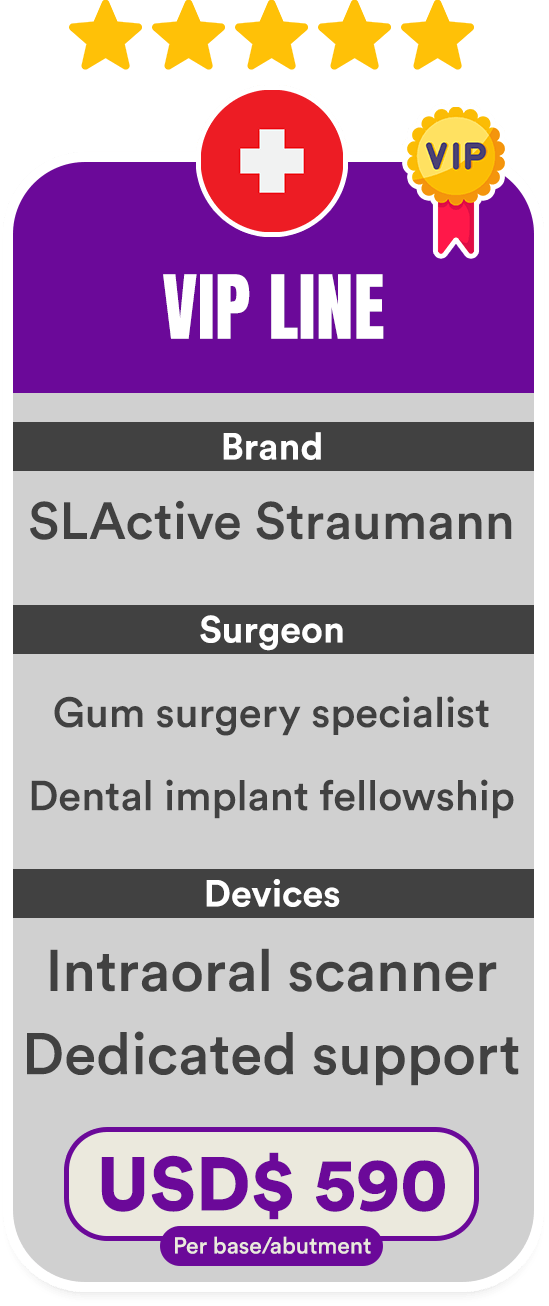
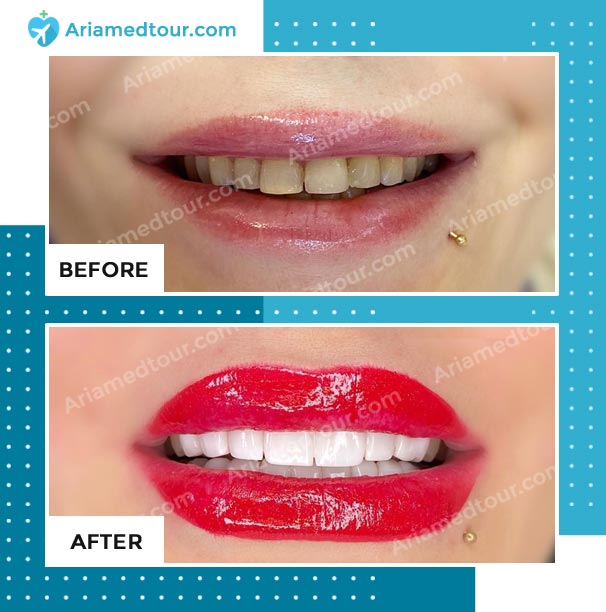
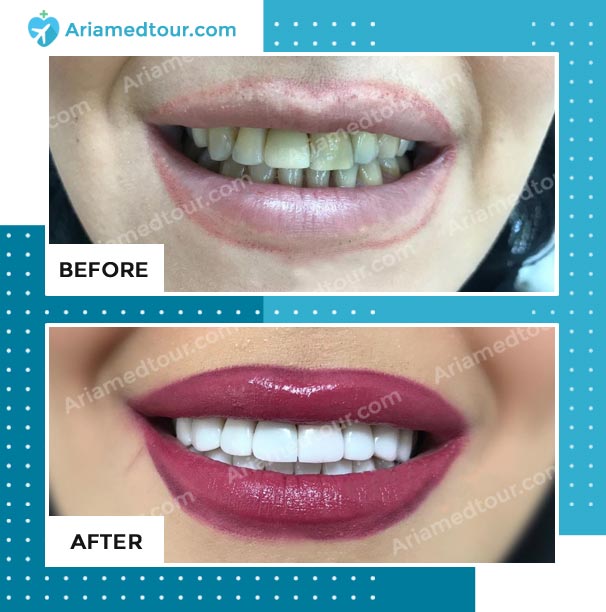
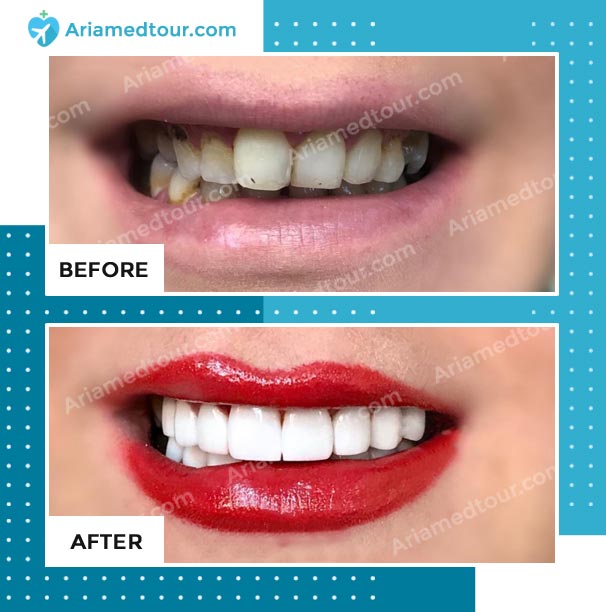
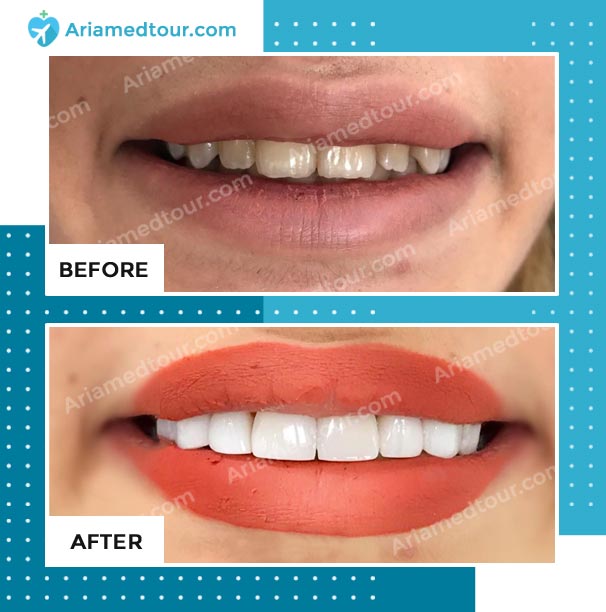
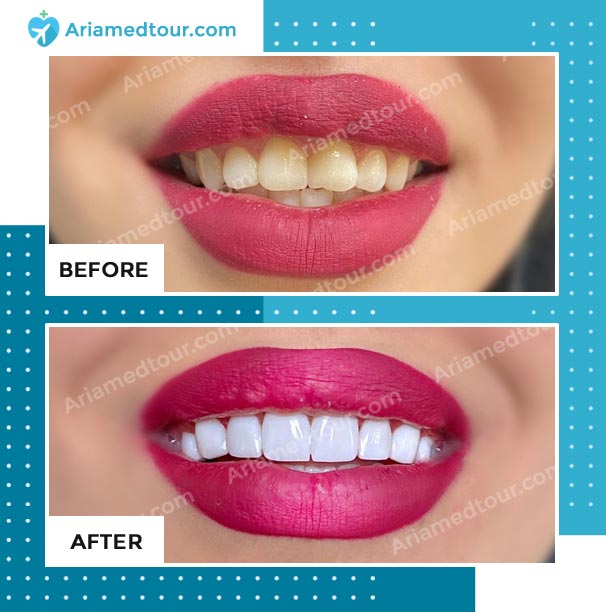
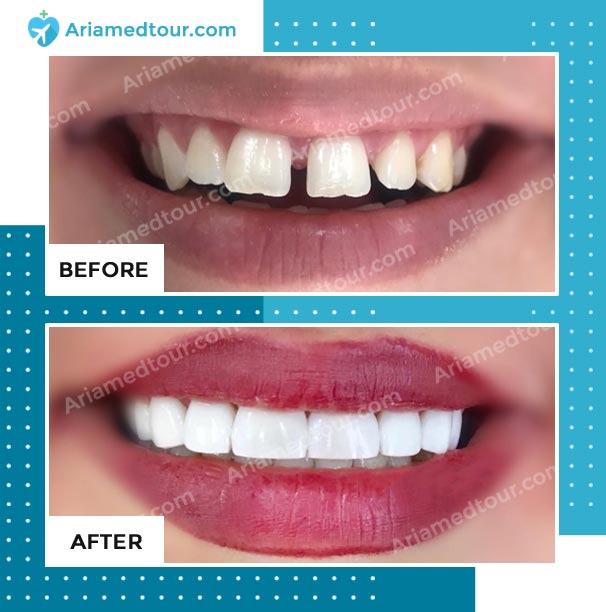
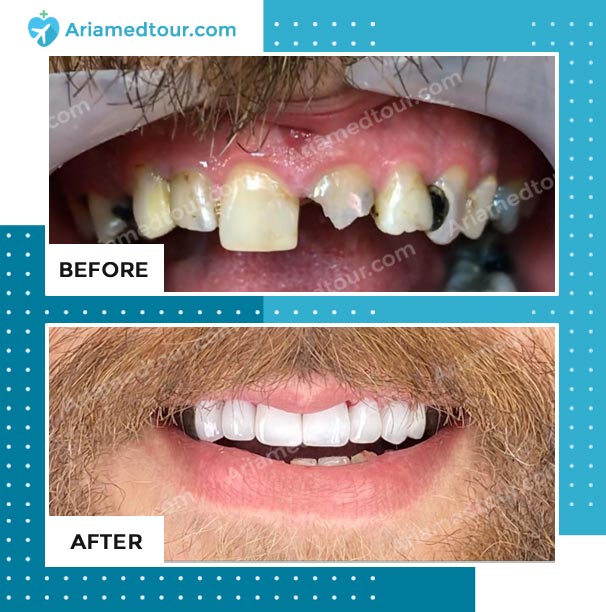
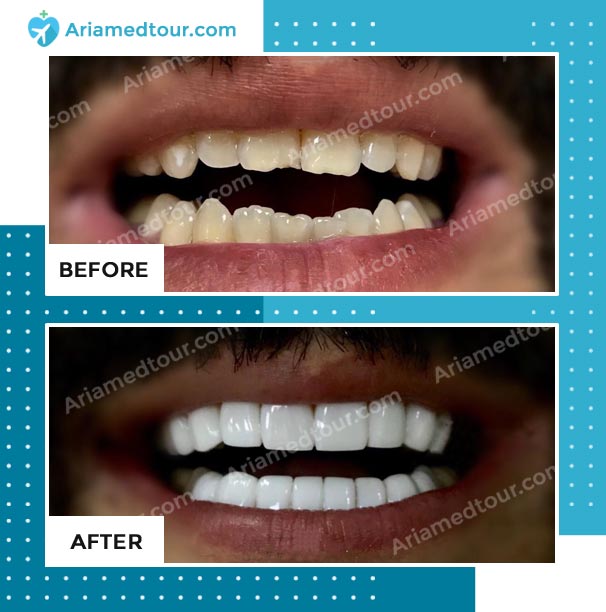
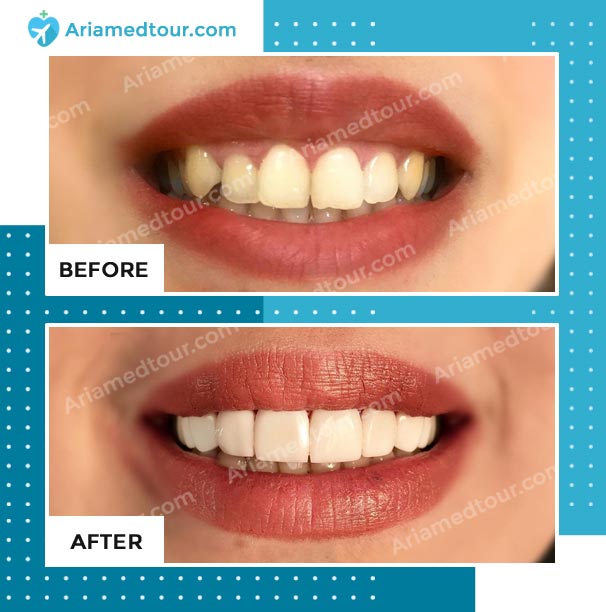
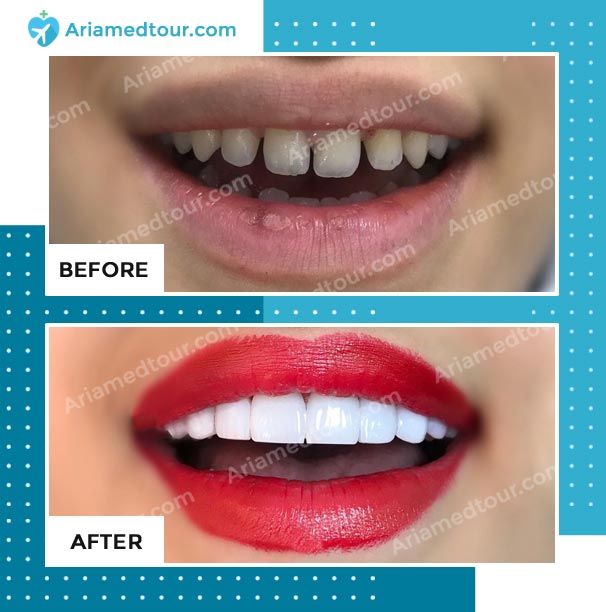
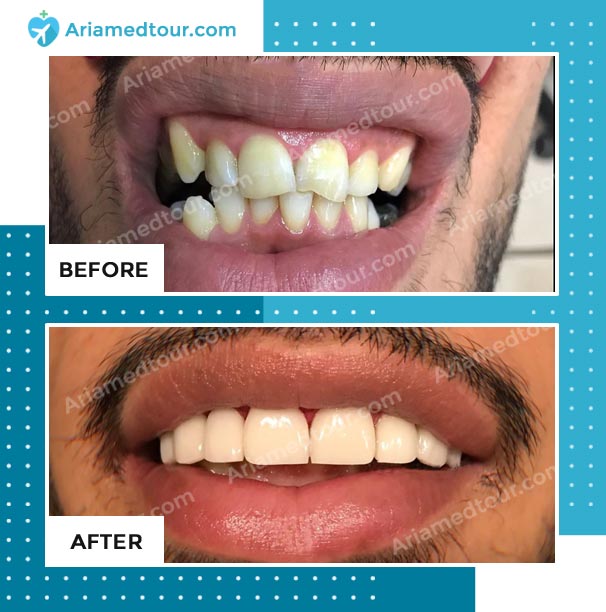
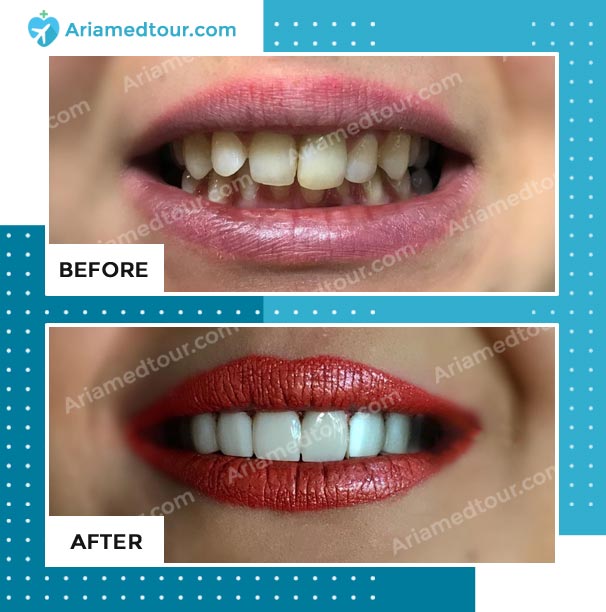
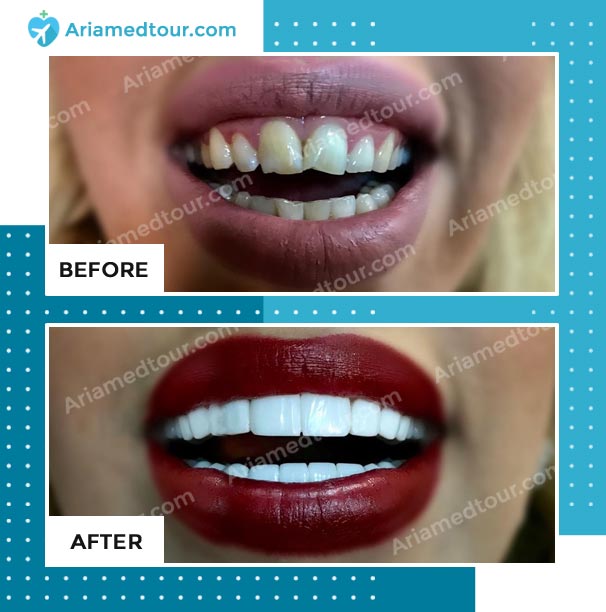
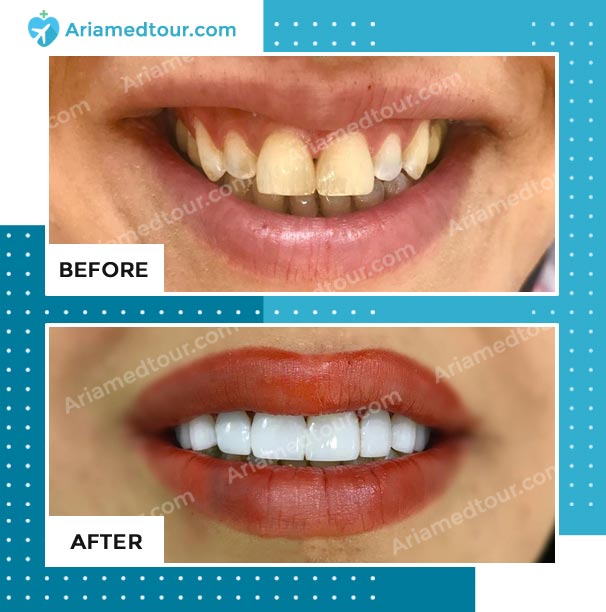
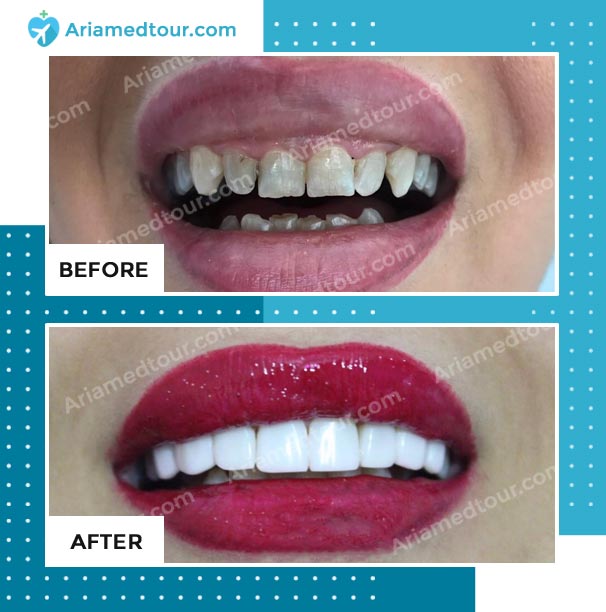
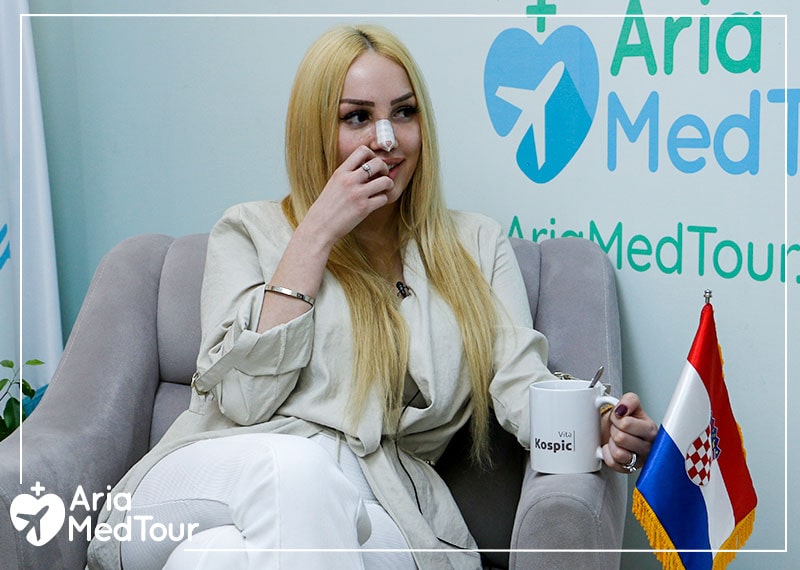
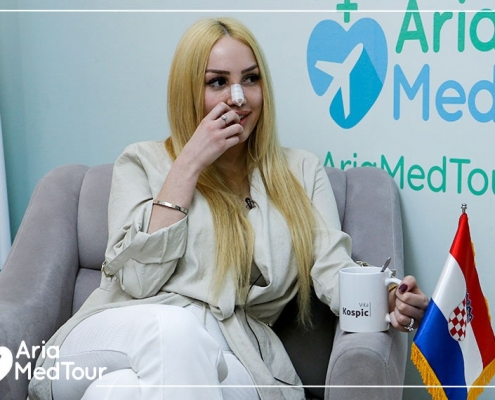
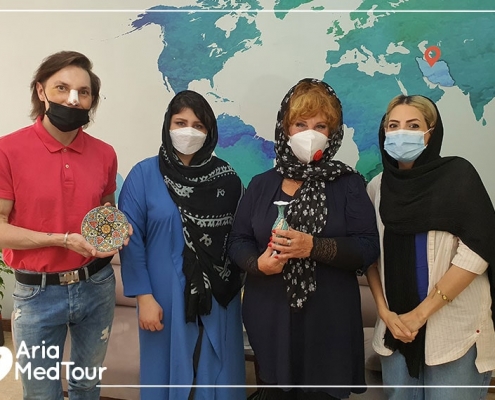
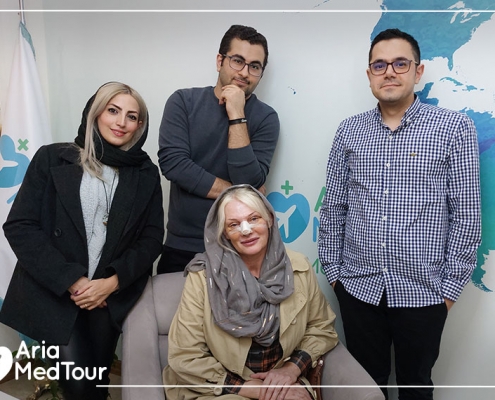
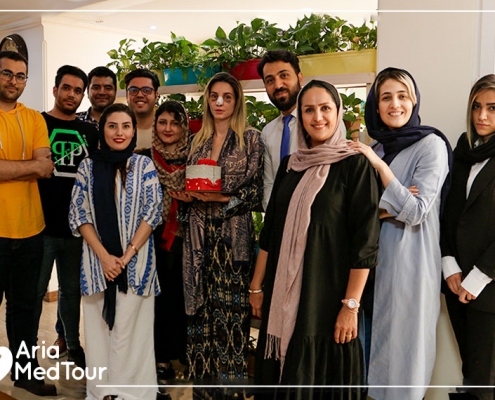
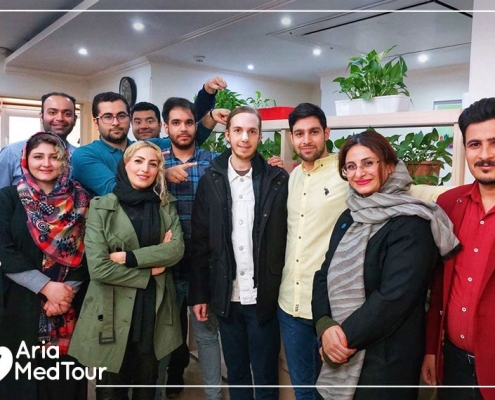
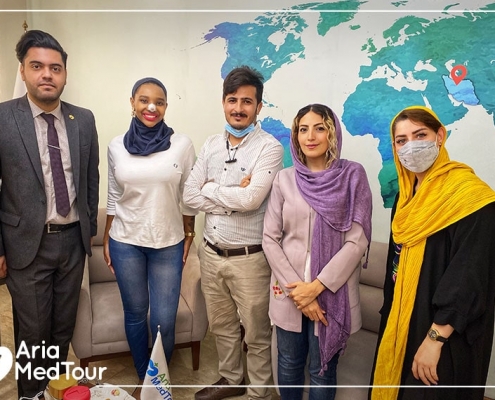

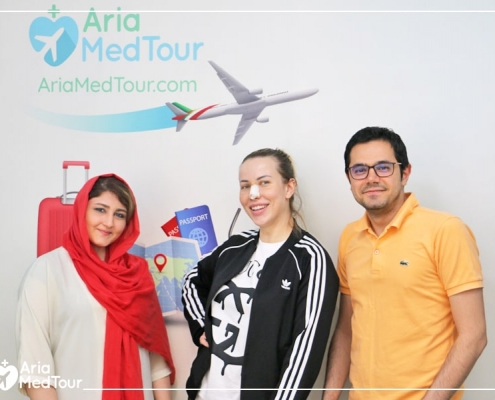
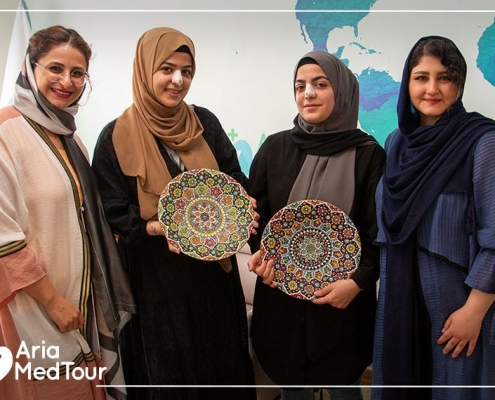
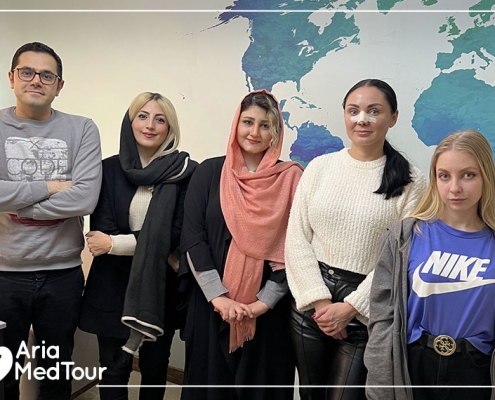
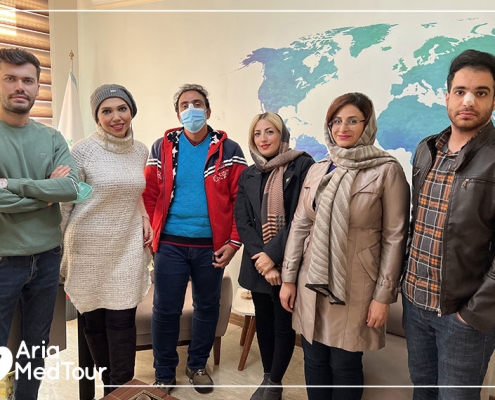

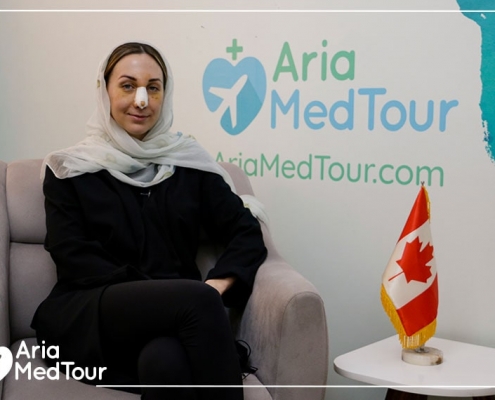
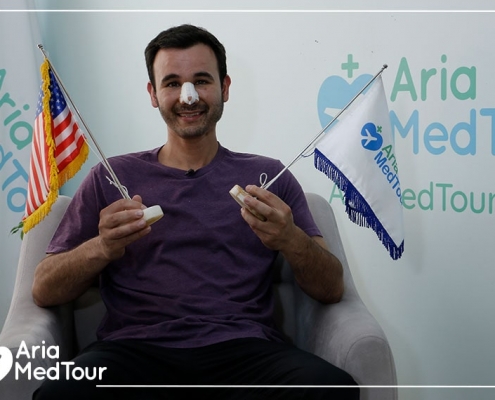

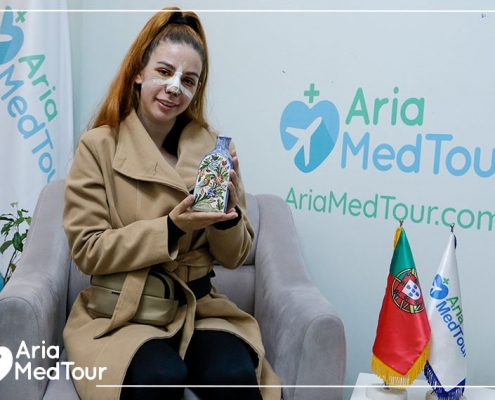
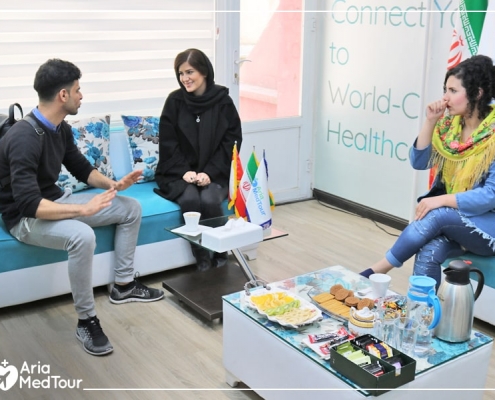









I’m going to get a bridge of four dental implants. But I’m really concerned about the downtime and recovery. Is it gonna hurt a lot? For how long should I have a soft diet?
Thank you very much for your question. First of all, you should notice that each person’s response to a surgical procedure and healing journey is different. Yet, here’s what generally happens when dental implant surgery is done.
Of course, as the area will be numbed during the operation, you won’t feel any pain while the surgery is being carried out. As the effect of anesthesia wears off, most patients start to feel some level of pain and discomfort, while varying from one patient to another, the pain is considered minimal and mainly reported as the level of one or two on a scale of 0-10, especially when there’s no gum lift involved. For those requiring a gum lift for the dental implant, the pain level may go as high as three to four, still perfectly manageable with the prescribed pain medication. For four dental implants, the downtime could be anywhere from 0 to 3 days which is most often the time you can stop having soft foods only and start eating normally.
Good luck with your future procedure.
Will insurance cover my dental implants? I guess I’ll need about a full mouth of dental implants and that will cost a fortune for me. What are the criteria to be eligible for insurance coverage?
Dental implants are usually considered cosmetic procedures and are not covered by insurance companies. However, a dental implant procedure may include several steps such as tooth extraction, bone grafting, implant placement, and crown placement, some of which could be wholly or partially covered by insurance. Every provider’s plan is different though, and it’s always best to check with your provider to see if they have plans to cover implants.
When can I get a dental implant after extracting a tooth? I’m planning to replace a front tooth with a dental implant and I’m worried if I have to wait months before I get it done. Couldn’t it be done at the same time, like pulling this one out and putting the implant in place? Thank you very much.
I understand your concern. Dentists usually try to make it as quick as possible when it comes to the front teeth as they’re more important aesthetically. However, you usually need to wait about 3-4 months after tooth extraction for the underlying gum and bone to heal before getting an implant. In case of significant damage before or during the extraction, gum or bone infection, and bone graft requirement, a longer time is usually recommended depending on the intensity and severity. However, if the area of the tooth to be extracted and replaced is completely healthy, you can have an immediate implant placement after tooth extraction. An in-person visit with your dentist can give you a clearer idea of the fastest possible timing for your case.
Is it OK to go for an MRI scan if I have a dental implant?
Thanks for your question. It’s fine and you can have MRI or CT scans. Dental implants are made of titanium meaning they are not magnetic so they won’t be affected by the magnetic forces in these kinds of scanning.
Are dental implants permanent? How often should they be replaced? My uncle had the experience of his dental implant falling off after some years, honestly, I don’t remember how many years, but it was disappointing anyway.
I’m sorry about what your uncle experienced with the dental implants. However dental implants usually have a rather long lifespan. The dental implant screw is considered permanent as it fuses with the jawbone over time. Unless a significant bone decay causes the implant root to get loose and fall out, it can last a lifetime with proper care and regular check-ups. Studies show that most patients don’t have to replace the screw even after 30 years. The crown, on the other hand, is not permanent and is usually expected to last 10 to 15 years before it needs replacement. Poor dental hygiene, inflammation, gum disease, and injury to the mouth can negatively affect dental implants’ lifespan.